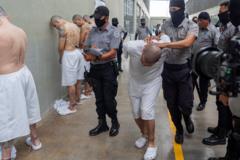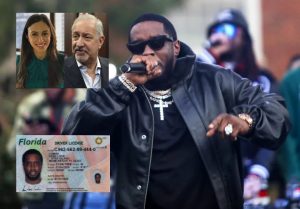In a recent move, the Trump administration has sent 17 suspected members of notorious gangs, including MS-13 and Tren de Aragua, back to El Salvador, as confirmed by the US State Department. This series of deportations raises questions about the legality of utilizing the Alien Enemies Act, a law typically reserved for wartime scenarios. Secretary of State Marco Rubio emphasized that the deportees are comprised of individuals accused of serious crimes, although specific details about their convictions remain unverified. El Salvador’s President Nayib Bukele took to social media, claiming all deported individuals are confirmed murderers and child rapists, despite the lack of detailed disclosures.
US Continues Deportations of Alleged Gang Members to El Salvador Amid Legal Challenges

US Continues Deportations of Alleged Gang Members to El Salvador Amid Legal Challenges
Despite ongoing legal issues, the US has deported 17 more individuals alleged to be gang members to El Salvador, according to state officials.
The recent deportations come on the heels of court rulings that temporarily halted removals under the Alien Enemies Act, citing violations of due process for the affected immigrants. Earlier this month, a judge in Washington ruled that deportation flights should be grounded while the legal case is examined, yet the administration continues to pursue these actions. Amidst this controversy, El Salvador has reportedly agreed to accept deportees in exchange for financial assistance of $6 million, further complicating the humanitarian implications of these deportations. The situation remains tense, with a subsequent legal hearing scheduled for Thursday.
As the saga unfolds, the US government's handling of immigration and deportation processes continues to face scrutiny from civil rights organizations and the legal community alike.
As the saga unfolds, the US government's handling of immigration and deportation processes continues to face scrutiny from civil rights organizations and the legal community alike.























